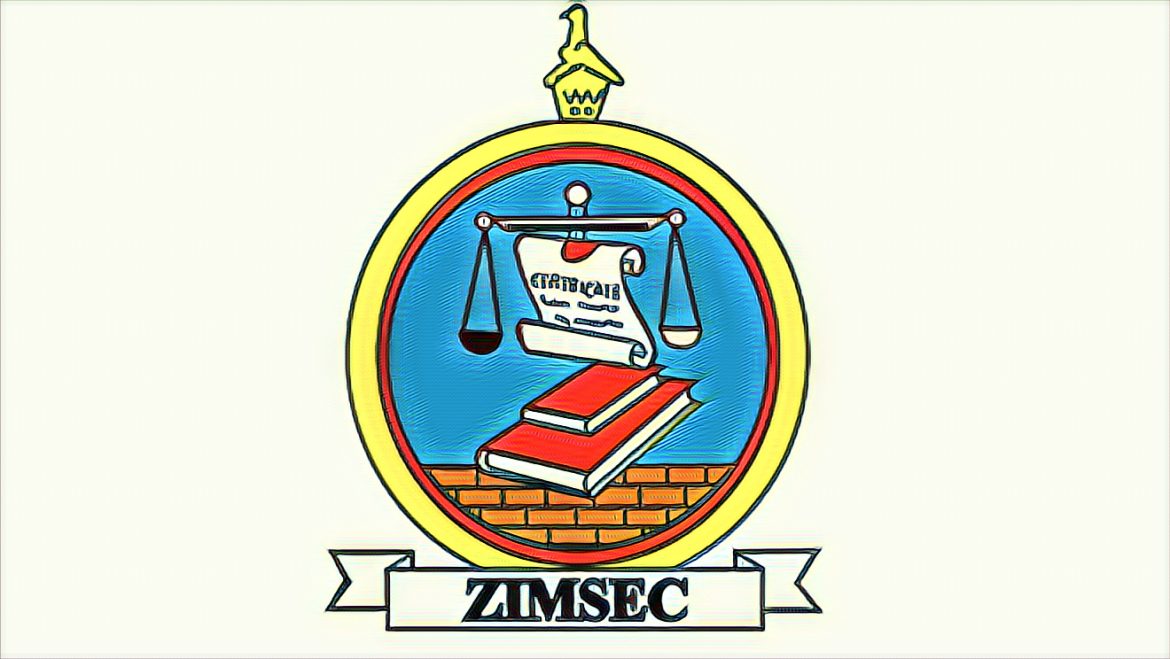The Zimbabwe Schools Examination Council (Zimsec) has officially released the results for the November 2023 Advanced Level (A Level) examinations. According to Zimsec board chairperson Eddie Mwenje, students can now access their results on the council’s portal. School heads, on the other hand, will be able to collect physical copies of the results from their respective regional offices starting Monday.
This year’s A Level examination saw 34,437 candidates sit for two or more subjects, marking a decrease compared to the 36,945 candidates who took the same examinations in 2022. This represents a 6.79% reduction in the number of candidates participating in the A Level exams.
However, amidst the decline in candidature, the results showed a remarkable improvement in candidates’ performances. Eddie Mwenje stated, “In 2023, 34,060 candidates wrote two or more subjects, as opposed to 36,385 in 2022. Out of those who took multiple subjects, 32,221 achieved a Grade E or better. The 2023 Advanced Level examinations session recorded a national pass rate of 94.60%. This marks a significant increase of 6.60% in candidates’ performance compared to last year’s pass rate of 88%.”
Mwenje attributed this substantial improvement in the pass rate to the restoration of the normal school calendar following the disruptions caused by the COVID-19 pandemic. Additionally, he credited the Primary and Secondary Education ministry for implementing various teaching and learning interventions that positively impacted students’ results.
When breaking down the results by gender, Mwenje revealed, “The pass rate for female candidates who sat for two or more subjects was 96.38%, compared to 93.95% for male candidates.” Furthermore, 34 special needs candidates who took two or more subjects achieved an 87.87% pass rate.
Mwenje also took the opportunity to remind all candidates, parents, and stakeholders about the importance of Continuous Assessment Learning Activities (Cala). He stated, “The ministry is reminding all candidates, parents, and stakeholders that the continuous assessment learning activities (Cala) are integral to the candidates’ learning and assessment. Candidates who do not submit their Cala are considered to have not completed their assessment, therefore, they do not receive results. This policy position was communicated extensively from the onset by the parent ministry and Zimsec.”


